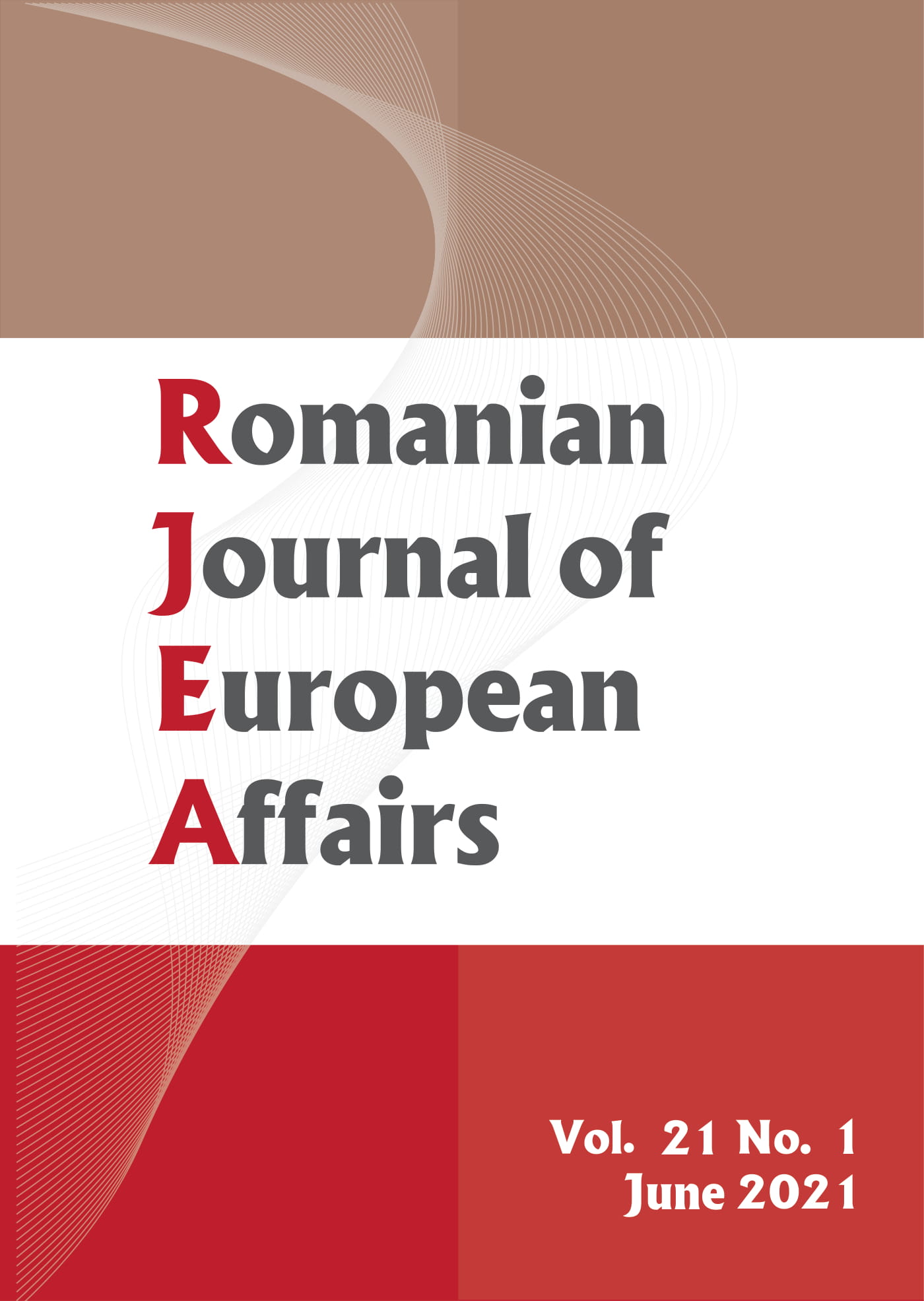Deconsolidation of Liberal Democracy in the
Baltic States. The Issue of Compliance with the
EU Standards at Institutional and Value Levels
Deconsolidation of Liberal Democracy in the
Baltic States. The Issue of Compliance with the
EU Standards at Institutional and Value Levels
Author(s): Nataliia Khoma, Oleksii KokorievSubject(s): Politics / Political Sciences, Politics, Social Sciences, Political Sciences, Civil Society, Governance, Public Administration, Corruption - Transparency - Anti-Corruption
Published by: Institutul European din România
Keywords: Baltic States; values of the EU; quality of democracy; liberal democracy; deconsolidation of liberal democracy; lack of democracy;
Summary/Abstract: This article analyses compliance of the post-Soviet Baltic States with the EU liberal-democratic standards, at both institutional and value levels. The authors prove that fulfilment of the Copenhagen criteria for EU accession did not determine an enhancement of the quality of democracy in Estonia, Latvia and Lithuania. This study highlights that, in recent years, the Baltic States have entered a phase of stagnation of liberal-democratic transformations and that they need a more active position of the state on institutional reforms and resocialization of citizens to strengthen adherence to the political and legal values that the EU is based on. The article emphasises how the global financial crisis of 2008, the European migration crisis (2015) and the current coronavirus pandemic have all had an impact on the quality of democracy in the Baltic States. The authors focus on the incomplete process of value reforming among the Baltic population against the EU liberal-democratic standards. The article highlights that the post-totalitarian rotation of values in Estonia, Latvia and Lithuania is slow and faces rejection of European liberal-democratic values to a greater or lesser extent. It underlines the preservation of the totalitarian (Soviet) vestiges of political culture, which contradict the EU paradigm of values and prevent the Baltic States from improving the quality of democracy. It is noted that, in terms of the radicalization level in defending national interests, the Baltic countries take the intermediate position between the Nordic and the V4 countries, particularly Hungary and Poland that develop illiberal democracy patterns.
Journal: Romanian Journal of European Affairs
- Issue Year: 21/2021
- Issue No: 1
- Page Range: 39-57
- Page Count: 19
- Language: English

